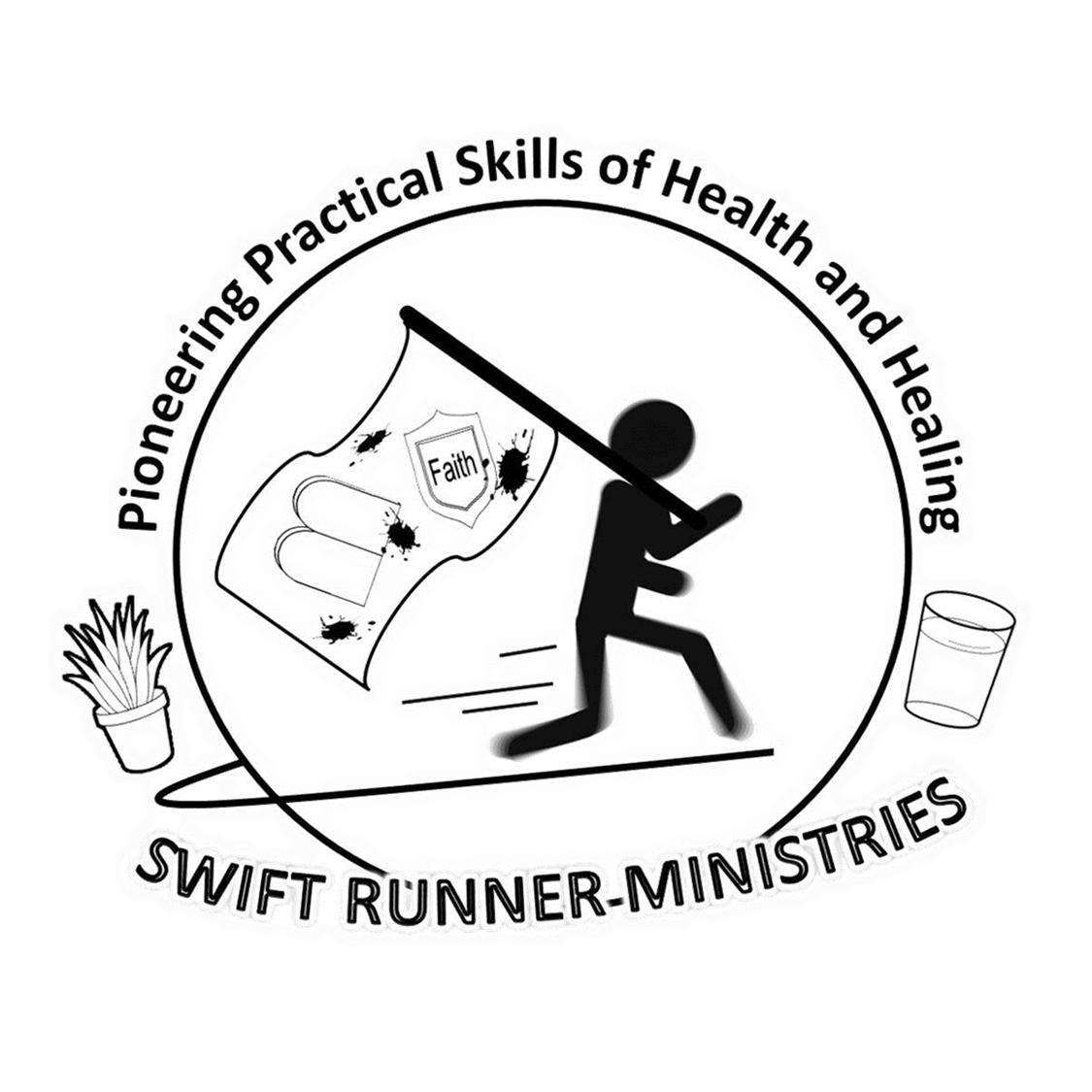A Chew-able Health Plan
(Swift Runner Article republished from the December 2013 Bible Banner ©2013 Bible Picture Pathways)
Jesus warned in Luke 21:34 "And take heed to yourselves, lest at any time your hearts be overcharged with surfeiting, and drunkenness, and cares of this life, and so that day come upon you unawares." Surfeiting simply means oppressing the system by excessive eating and drinking, or in a word, gluttony--eating too much.
A recent study out of China provides a new look at the role that chewing might have in helping our bodies regulate the amount of food we take in—without having to consult calorie labels. Li of the School of Public Health at Harbin Medical University and colleagues found that both healthy-weight and obese men consumed fewer calories (about 12 percent less) at an unlimited half-hour meal when they chewed their food more (they had to chew each bite 40 times).¹
The chewing process, also known as mastication, serves as the first step in the digestive process. There are many benefits for adequately chewing your food. Many of us would do well to learn to masticate slowly, and allow the saliva to mingle with the food. This is necessary, in order that the saliva may be properly mixed with the food, and the digestive fluids be called into action. The benefit derived from food does not depend so much on the quantity eaten, as on its thorough digestion; nor the gratification of taste so much on the amount of food swallowed, as on the length of time it remains in the mouth. Even soft foods should be allowed to mix with the saliva.

Westchester University of Pennsylvania suggests chewing your food 30 to 50 times per mouthful.²
Here are Five Benefits of Chewing Your Food.
1. Chewing helps absorb more nutrients and energy from food. Chewing breaks your food down from large particles into smaller particles that make them more easily digested. This also makes it easier for your intestines to absorb nutrients from the food particles as they pass through.
2. Chewing can help you maintain a healthy weight. Chewing helps you control the amount of food you eat. The longer you chew, the more time it will take you to finish a meal, and eating slowly can help you to eat less to avoid weight gain or even lose weight.
3. Chewing food helps break down enzymes and helps with digestion. Saliva contains digestive enzymes, so the longer you chew, the more time these enzymes have to start breaking down your food, making digestion easier on your stomach and small intestines. Chewing properly allows your stomach to work more efficiently and break down your food faster.
4. Chewing food is good for your teeth. Your teeth get a good workout when you adequately chew your food. The saliva produced from chewing helps clear food particles from your mouth so there is less plaque buildup and tooth decay.
5. You actually taste your food when you chew it well. When you chew your food instead of rushing through your meal, you enjoy it more. It forces you to slow down, savor each morsel and really enjoy all the flavors your food has to offer.
Chew slowly, and you will “Taste and see that the Lord is good.” Psalm 34:8
1-- http://www.ncbi.nlm.nih.gov/pubmed/21775556
2-- http://www.livestrong.com/article/290345-how-many-times-should-you-chew-your-food-for-weight-loss/
